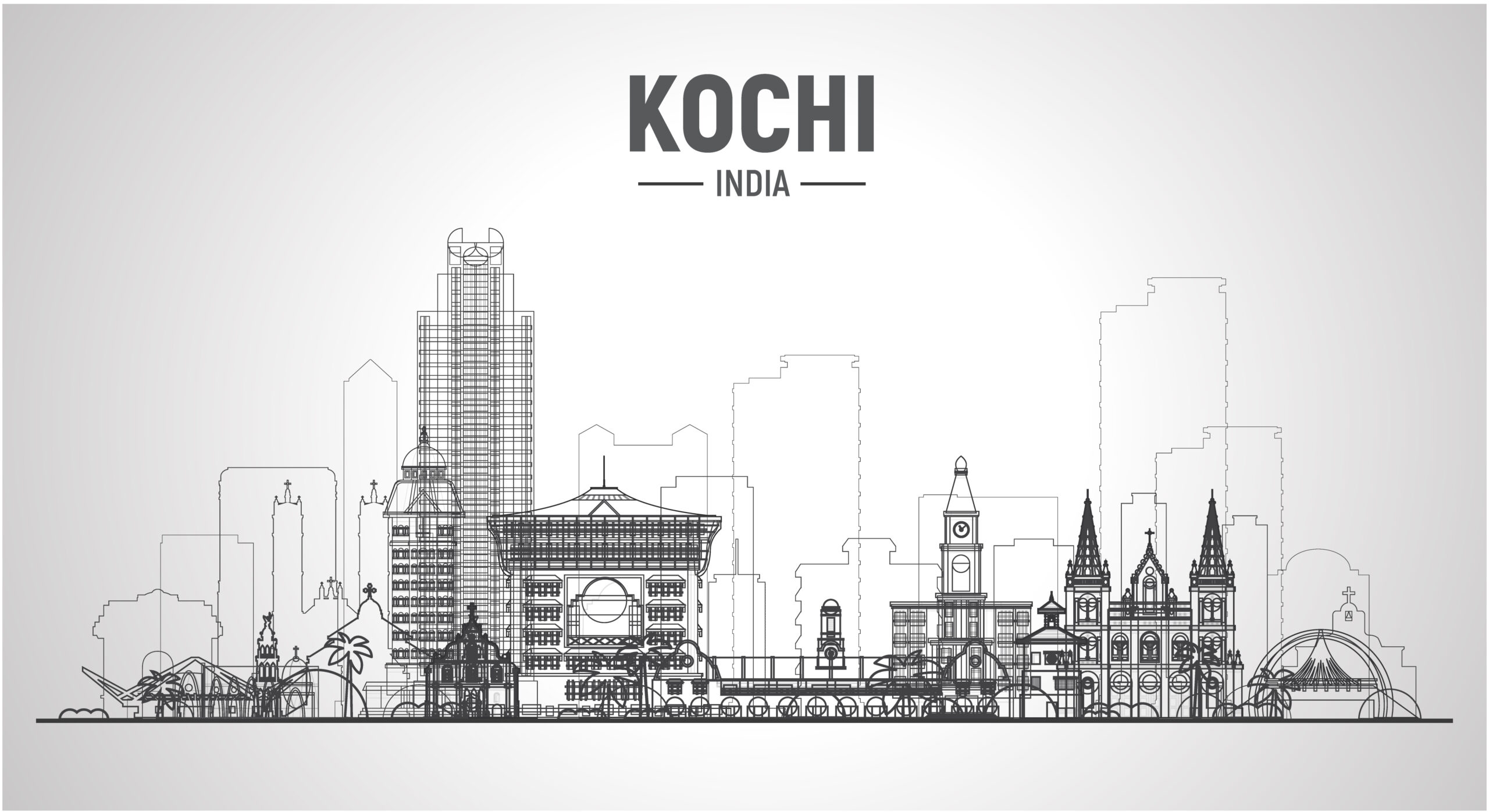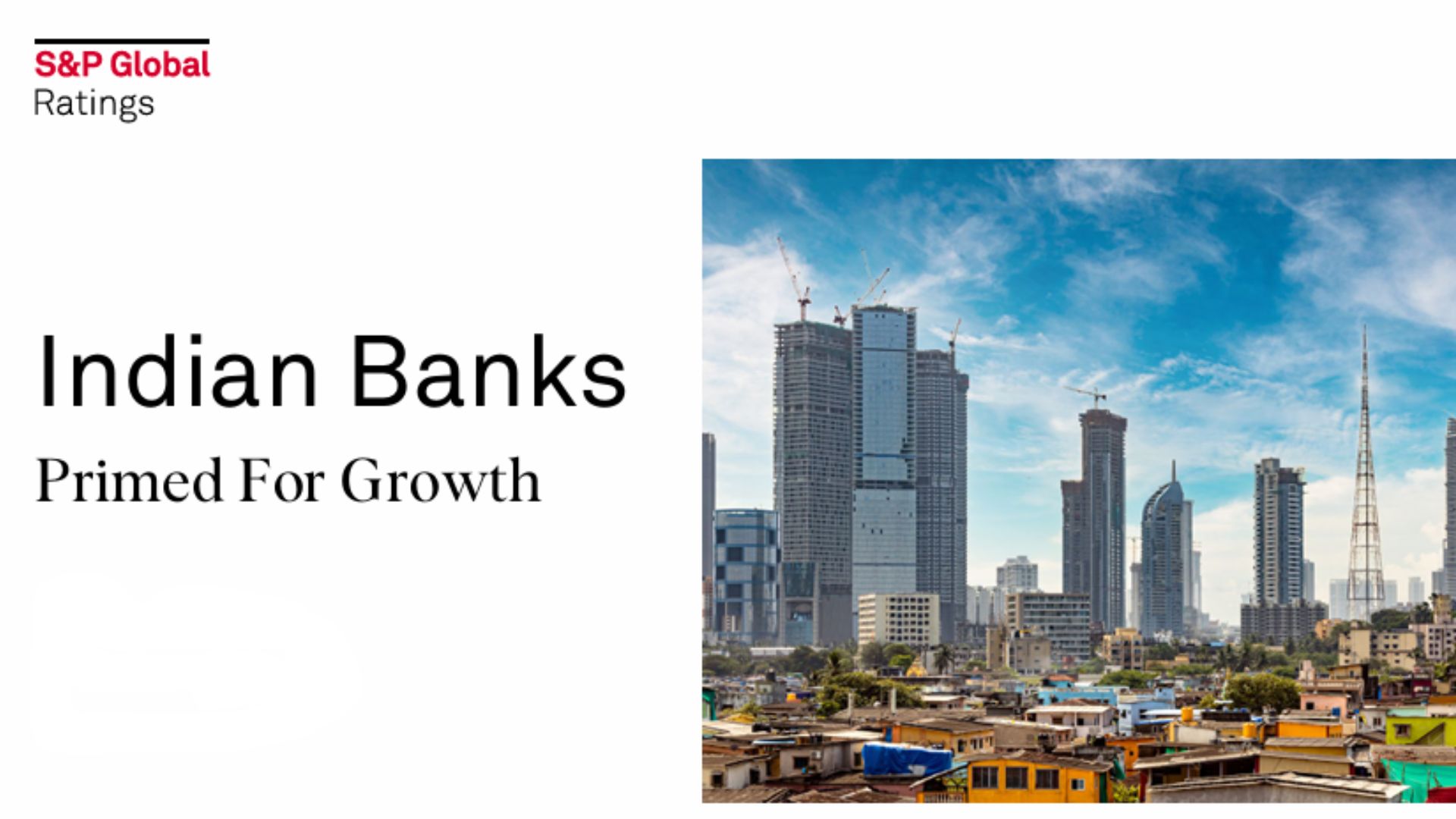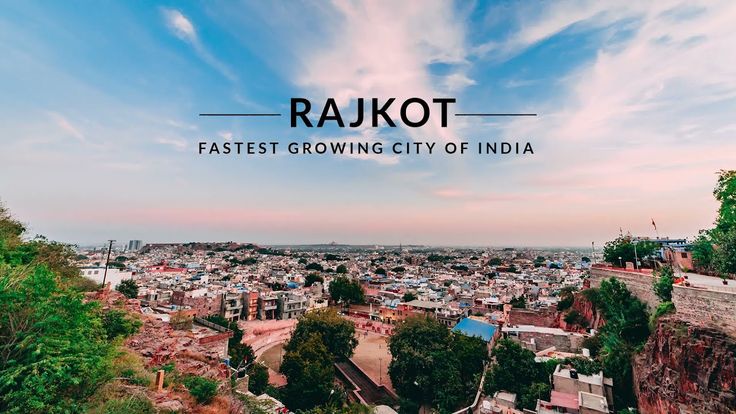Kochi: Kerala’s Emerging SME Powerhouse – A Strategic Analysis

Kochi, Kerala’s commercial and maritime gateway, has historically been a center of trade, port-led industrial activity, and service-oriented commerce. Over the past decade, the city has emerged as a dynamic hub for small and medium enterprises (SMEs), combining traditional expertise with technological adoption and entrepreneurial innovation. Backed by progressive state policies, robust infrastructure such as SmartCity Kochi, InfoPark, Cochin Special Economic Zone (CSEZ) and the Cochin International Container Transshipment Terminal (ICTT), along with a skilled workforce and vibrant startup culture, Kochi is positioning itself as a Tier-2 city with immense SME potential. This analysis explores sectoral growth drivers, key players, challenges and strategic pathways shaping the city’s SME ecosystem.
Strategic Vision and Policy Support
The Kerala state government has been proactive in creating an enabling environment for SME growth. The Kerala Industrial and Entrepreneurial Policy 2021-26 emphasizes ease of doing business, technology adoption and fiscal support for startups and growth-stage enterprises. Schemes under Kerala SIDCO (Small Industries Development Corporation Limited), such as credit guarantee programs, interest subsidies and technical assistance, provide crucial financial backing for SMEs.
Cluster-based industrial policies, such as those implemented in the Cochin Industrial Growth Centre (CIGC) and Ambalamugal Industrial Area, allow SMEs to benefit from shared manufacturing facilities and infrastructure, reducing operational costs while improving efficiency. Kerala’s incubation ecosystem, spearheaded by the Kerala Startup Mission (KSUM), includes initiatives like the TIDES incubator at InfoPark Kochi, which supports sustainable startups and facilitates university-industry collaboration. These efforts ensure that SMEs have access to a highly skilled and continuously evolving talent pool.
Sectoral Landscape Driving SME Growth
Kochi’s strategic maritime port and ICTT have established it as a hub for logistics, shipping services, and port-linked SMEs. Companies such as Antwerp Logistics, Kochi Logistics Park and V-Trans India Ltd. provide freight handling, warehousing and supply chain solutions to domestic and international clients. Leveraging IoT-enabled asset tracking, AI-powered fleet management and blockchain-based documentation, these SMEs are able to meet global standards while improving operational efficiency.
The city’s IT ecosystem, centred around hubs such as SmartCity Kochi, InfoPark and CSEZ, has catalysed the growth of service-oriented SMEs in software development, fintech and BPO services. Firms including Tata Elxsi, UST Global and fintech startups utilize cloud infrastructure, AI tools and remote collaboration platforms to scale operations efficiently while remaining cost-competitive.
Kochi’s proximity to Kerala’s fertile agricultural belts and spice plantations has also nurtured a thriving food processing SME segment. Enterprises such as Marriott Food Ingredients Pvt Ltd., Kerala Spices & Agro Processing Units and Milma (Kerala Co-operative Milk Marketing Federation) produce packaged foods, dairy, specialty beverages and spice exports. Shared cold storage, compliance laboratories and quality assurance programs under the Kerala State Productivity Council ensure these SMEs meet domestic and international standards.
Tourism continues to be a key economic driver in Kochi, supporting SMEs in boutique hotels, travel agencies, event management and artisanal handicrafts. Companies like Fort Kochi Heritage Hotels, travel firms such as Spice Coast Travels, event management firms like Melange Events, and handicraft businesses under the Kerala Handicrafts Development Corporation leverage digital booking platforms, social media marketing and customized service offerings to expand their client base, including international tourists.
Reflecting Kerala’s eco-conscious ethos, Kochi-based SMEs are increasingly exploring renewable energy solutions, green packaging and sustainable manufacturing practices. Firms such as Sustainable Bathrooms India Pvt Ltd. and Green Earth Packaging align their operations with the Kerala State Policy on Environmentally Sustainable Manufacturing (2022), catering to growing demand for environmentally responsible products.
Infrastructure and Connectivity
Kochi’s industrial and logistical infrastructure is a critical enabler for SME growth. Industrial estates, SEZs and business parks provide plug-and-play facilities, reliable power, water and security, along with platforms for knowledge sharing. The ICTT, Asia’s largest transshipment port, strengthens global trade linkages, while connectivity through NH 66, inland waterways and proximity to Cochin Metro enhances supply chain efficiency.
Urban development and smart city projects further create a conducive environment for SMEs, startups, and innovative enterprises. Co-working spaces such as Talbros Bizhub and incubation labs like TIDES offer flexible and affordable infrastructure for SMEs to experiment, innovate and adopt Industry 4.0 technologies.
Human Capital and Skill Development
Kochi benefits from a highly literate and technically skilled workforce. Institutions such as CUSAT, Government Engineering College Thrissur and IIM Kozhikode contribute to a talent pipeline capable of meeting the sophisticated demands of SMEs. Entrepreneurship development programs organized by KSUM and industry mentorship platforms nurture local talent and encourage digital adoption. SMEs increasingly employ AI-driven analytics, automation tools and e-commerce channels to optimize operations, marketing and supply chains. State-supported technology adoption subsidies further help smaller enterprises modernize and remain competitive.
Industry Associations Driving Growth
Strong industry associations complement governmental efforts to support SMEs. The Kerala Chamber of Commerce & Industry (KCCI), Cochin Chamber of Commerce & Industry (CCCI), Kerala State Small Industries Association (KSSIA), and the Confederation of Kerala Industry (CKI) provide policy advocacy, training, networking and knowledge-sharing opportunities.
Recent collaborations highlight their impact: CKI and KCCI partnered with the Kerala FinTech Mission to improve SME access to digital financing and technology adoption platforms. By working with banks such as Federal Bank and Axis Bank, venture capital funds, and incubators, these associations help SMEs strengthen financial readiness and embrace innovation.
Challenges that Persist
Despite remarkable growth, Kochi’s SMEs face continual challenges. Limited land availability constrains expansion, while rising operational costs, particularly in energy and skilled labour, pressure margins. Access to formal finance remains difficult for smaller and informal enterprises. Compliance with labor laws, environmental regulations, and export certifications can be resource-intensive, while uneven technology adoption affects productivity. Export-oriented SMEs also contend with logistics costs and market penetration hurdles, despite port advantages.
Strategic Pathways for Growth
Unlocking Kochi’s full SME potential requires targeted strategies. Expanding cluster-based industrial policies with shared testing labs and flexible incubation centres can improve operational efficiencies. Streamlining digital approvals, licenses, and compliance processes through integrated IT platforms will reduce bureaucratic delays. Promoting green manufacturing aligned with state policies, broadening access to credit, and investing in R&D, quality assurance, and supply chain analytics can bridge skill and operational gaps. Strengthening public-private-academia partnerships will accelerate adoption of Industry 4.0 solutions, helping SMEs compete at global standards.
Recent Developments and Investment Trends
Kochi has attracted significant industrial investments, exceeding ₹3,500 crore, spanning industrial parks, SEZs, IT infrastructure and smart city projects. Recent MoUs with conglomerates like Tata Group, logistics players such as Allcargo Logistics and renewable energy firms including Azure Power reflect growing investor confidence. Collaborations between KSUM, CCCI and private banks are further enhancing SME access to financing, market intelligence and digital solutions.
With robust policy support, advanced infrastructure, abundant human capital and a dynamic entrepreneurial culture, Kochi is emerging as Kerala’s SME powerhouse. By embracing digital innovation, sustainable practices and strategic collaborations, SMEs in Kochi are poised to create employment, drive exports and compete globally. Kochi exemplifies how a Tier-2 city can blend traditional strengths with modern smart economy aspirations to create a resilient, competitive and inclusive SME ecosystem.











